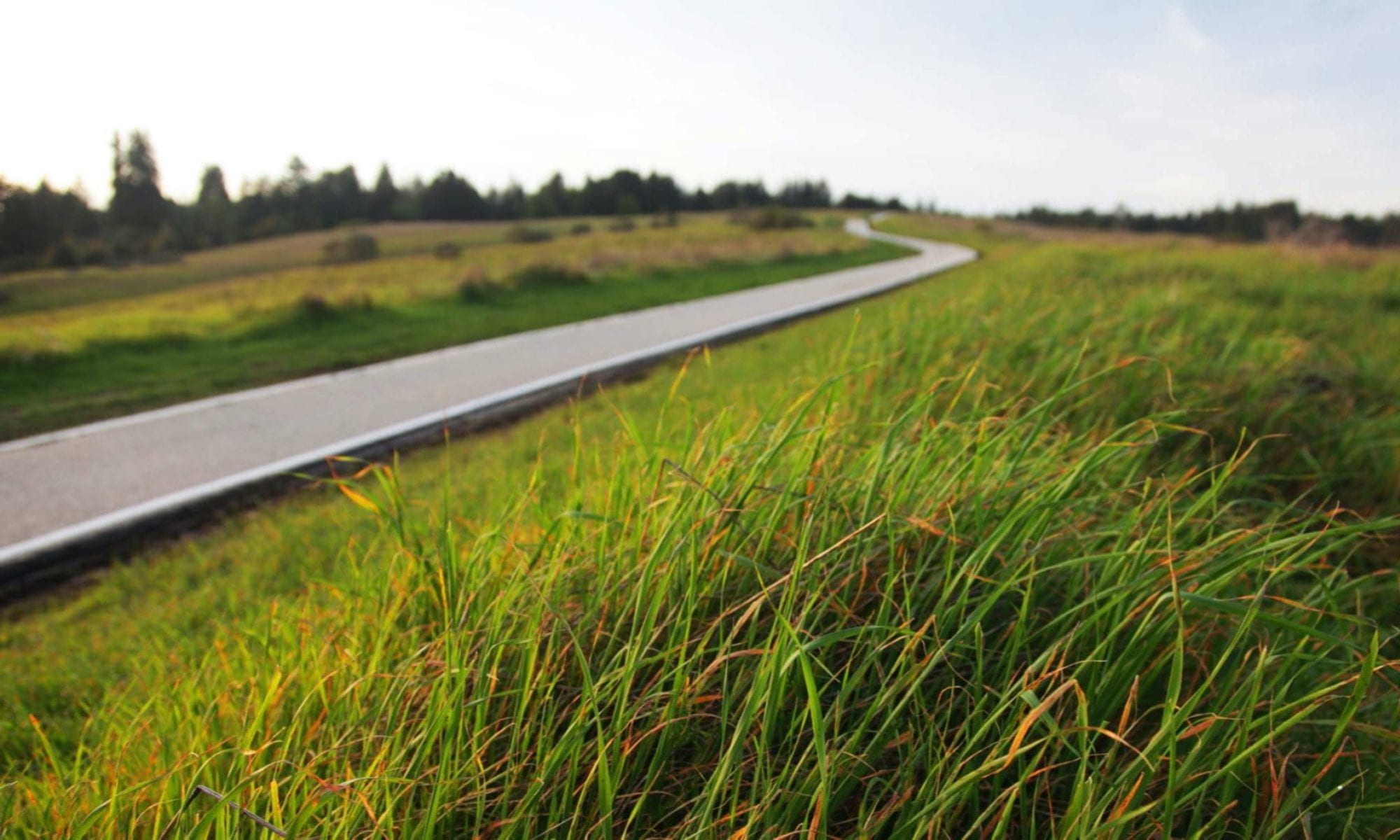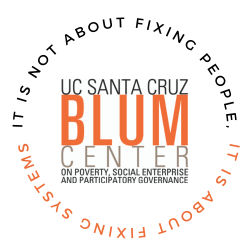Karina Ruiz: Citizen Children and Mixed-Status Family Affective Landscapes

Karina Ruiz is working on a project with mixed status families, looking at “what kind of emotional work happens in family dynamics.” She recalled how she had been reading about state and citizenship and that it had made her sad and prompted her to spend some time trying to think about this feeling and what she came up with is the belief that a lot of joy can be produced in a family. She’s interested in the internal dynamics of a family and what we do with our feelings inside of homes. She says this project is personal to her because she is from a mixed status family and describes herself as a highly sensitive person, not only emotionally but also physically, explaining that lights and smells have a strong impact on her mood.
Maaike Luini: Do you have a community partner?
Karina Ruiz: I’ve worked with a few different community orgs at this point. One of the main challenges that came up at the end of spring was Covid. I was supposed to dedicate my summer to building out some of the relationships that I had started to manifest through my work as a grad student researcher for another project, which is the We Belong Project and it’s in the Sociology Department and Community Studies. I was working closely with a few organizations but then Covid happened and all of the community orgs that we would normally think of for immigrant resources
really shifted their focus to Covid, which totally makes sense. I started to have to think about who works adjacent to them in other ways. So we started to work with this program called Jovenes SANOS, with translates to “healthy youth” in English and it’s from United Way. The director of that project used to be a UCSC student and she was part of a lot of UCSC research projects and was really excited to work on a project. I started to work with them and then I started to work with Sanderos, which is a local cultural organization, but it’s also community organization in that it provides a lot of resources to parents.
really shifted their focus to Covid, which totally makes sense. I started to have to think about who works adjacent to them in other ways. So we started to work with this program called Jovenes SANOS, with translates to “healthy youth” in English and it’s from United Way. The director of that project used to be a UCSC student and she was part of a lot of UCSC research projects and was really excited to work on a project. I started to work with them and then I started to work with Sanderos, which is a local cultural organization, but it’s also community organization in that it provides a lot of resources to parents.
Yeah, wow. And then I feel like you maybe touched on this a little bit at the
beginning, but what sparked your interest in this project?
beginning, but what sparked your interest in this project?
Yeah, I think I did a little bit. I’m a child of immigrants and part of a mixed status family and I’m also what you would call a highly sensitive person. I think that people might think about it as a really emotionally sensitive person and that’s definitely part to it but the other part of it is your literal senses. Senses of smell and types of light I’m really sensitive to and they influence my mood a lot. When you live that kind of life, it’s
hard to not see it in a lot of what you do and so when I started to do this research that’s what I shared at the beginning of feeling like “This is making me really not feel good, what should I then?” I want to do work that I feel good about.
hard to not see it in a lot of what you do and so when I started to do this research that’s what I shared at the beginning of feeling like “This is making me really not feel good, what should I then?” I want to do work that I feel good about.
Definitely. And then, how do you plan to use or share the results of your project and what kind of impact do you hope it will have?
I hope that the kind of impact that it has is that it helps us understand power in relationships and particularly I think across differences and how we build strong relationships across those differences. To me, the center of that question is to understand the power of love, to understand the power of care and what that does. I think we don’t think about that often enough, so I hope that it has impact in that direction for future work.
Would you like to further build on this work and how? I know you’re just in the beginning, but eventually.
I hope that a lot of what I’m working on in terms of relationship building is not just with community orgs, but with the community members themselves because my project hopefully will involve what’s called domestic ethnographies which means that you do long period observational work and note taking in a particular site. When
it’s domestic it means it’s inside the home and homes are so private that it takes a while to get that kind of trust with someone. It’s a slow movement. But that’s just how it goes and it’s definitely something that I’m committed to so I think that this summer’s work is going to be really critical for doing that because if you don’t dedicate the time to doing this sort of ground work, it’s really hard to just come into a community later down that line and just say “I’m here, who wants to work with me and help me out?” I think this work is a lot of the sort of back end work of relationship building, laying down the groundwork, getting to know community members, letting them get to know me also so that I can later on do the stuff for my dissertation work which will be the time spent in really intimate parts of their lives.
it’s domestic it means it’s inside the home and homes are so private that it takes a while to get that kind of trust with someone. It’s a slow movement. But that’s just how it goes and it’s definitely something that I’m committed to so I think that this summer’s work is going to be really critical for doing that because if you don’t dedicate the time to doing this sort of ground work, it’s really hard to just come into a community later down that line and just say “I’m here, who wants to work with me and help me out?” I think this work is a lot of the sort of back end work of relationship building, laying down the groundwork, getting to know community members, letting them get to know me also so that I can later on do the stuff for my dissertation work which will be the time spent in really intimate parts of their lives.
Why do you think this work will make a difference?
I’m really interested in knowing how love works and how forms of connection and attachment work but I’m also really interested in in the home because I haven’t actually read a lot of work that’s about homes
that is not from sort of an outside perspective. It’s like a lot of the work that exists is sort of poking in at it. They’re kind of peeking in at the window or something, but there’s very little work that’s from within it and all of the work that I have read from it is so cool that I just feel like there’s more there. It’s also historically a private space and a woman’s space and that has also marginalized it and so I’m curious about what it looks like from inside the home from a caregiver’s perspective who isn’t paid, things that we just take for granted. I think that putting that stuff on the map a little bit more, contributing to that growing field of knowledge is something that could make a difference.
that is not from sort of an outside perspective. It’s like a lot of the work that exists is sort of poking in at it. They’re kind of peeking in at the window or something, but there’s very little work that’s from within it and all of the work that I have read from it is so cool that I just feel like there’s more there. It’s also historically a private space and a woman’s space and that has also marginalized it and so I’m curious about what it looks like from inside the home from a caregiver’s perspective who isn’t paid, things that we just take for granted. I think that putting that stuff on the map a little bit more, contributing to that growing field of knowledge is something that could make a difference.
It’s a really interesting perspective. And then what prompted you to get involved with social justice?
I think that I’ve always had sort of ideas of social justice or perhaps more ideas of what injustice looked like, I think. And then I got to college, I went to CSU Monterey Bay which is really close to Santa
Cruz, and while I was there I was a Comm major and in the Communications Department of CSUMB, it’s very different than your average Comm program because it’s interdisciplinary so for example, I did an emphasis in creative writing and social action and a lot of what we read was about social justice issues and by activists. Also because it was interdisciplinary it had history classes, it had ethnic studies classes, so at the same time that I was learning about all of these stories I also was learning about how they’re situated in really particular histories. I started to learn there about restorative justice and abolition and I think that’s why my conception of social justice is so grounded in a lot of love politics. I started to develop a lot of opinions and ideas there and I think it was the first place where I had been asked to share them. That was really powerful to me.
Cruz, and while I was there I was a Comm major and in the Communications Department of CSUMB, it’s very different than your average Comm program because it’s interdisciplinary so for example, I did an emphasis in creative writing and social action and a lot of what we read was about social justice issues and by activists. Also because it was interdisciplinary it had history classes, it had ethnic studies classes, so at the same time that I was learning about all of these stories I also was learning about how they’re situated in really particular histories. I started to learn there about restorative justice and abolition and I think that’s why my conception of social justice is so grounded in a lot of love politics. I started to develop a lot of opinions and ideas there and I think it was the first place where I had been asked to share them. That was really powerful to me.
Karina’s advice to Maaike and other students:
Karina talked to me about the importance of taking note of your feelings and understanding what they’re telling you. As an example, she explained that feelings inform many of our opinions and when we understand that, we can be critical of our opinions, making them more precise and critical of ourselves “in a way that’s safe and feels like an opportunity for growth.”

